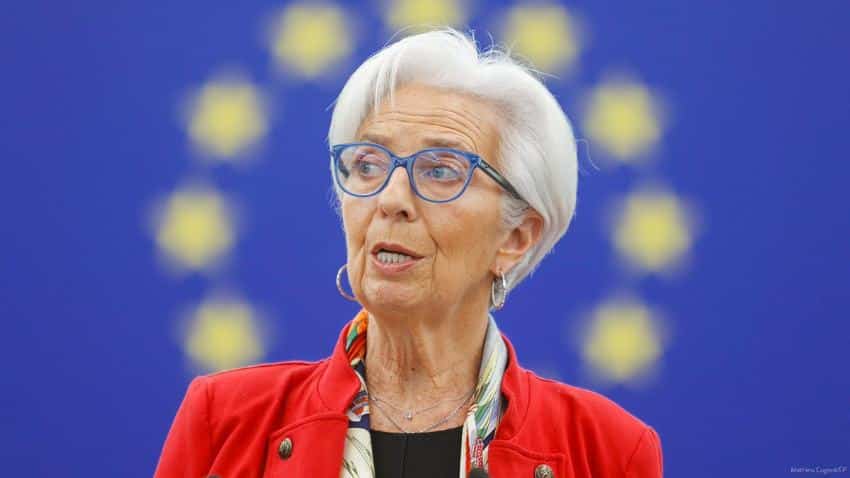Wealthy Young American Investors Turn to Alternative Assets Amidst Doubts in Traditional Markets

A new surge of investors is moving away from traditional stocks and bonds, choosing instead to explore alternative assets.
According to a survey by Lansons, less than 10% of the entire American population has invested in alternative assets. However, the interest in alternative investments is higher among the younger generations, with 30% of Gen Z and 25% of millennials either investing in these assets or having knowledge of platforms that facilitate such investments. Wealthy young investors are increasingly drawn to these alternatives over conventional choices.
A another recent Bank of America study revealed that 75% of Americans aged between 21 and 42 are skeptical about achieving above-average returns solely through traditional stocks and bonds. Conducted between May and June 2022, the survey interviewed 1,052 high-net-worth investors, each possessing at least $3 million in investable assets.
The study sheds light on a growing trend among young investors who are exploring alternative investments as viable options. These alternatives encompass a diverse range of assets beyond the typical stocks, bonds, and cash. Examples include real estate, private equity, cryptocurrencies, and commodities like gold and oil. While some of these investments may be perceived as riskier and less liquid, they offer the potential for higher returns, which is drawing the attention of young investors seeking to diversify their portfolios.
Josh Passman, CEO of Lansons New York, highlighted the effectiveness of alternative assets such as wine, gold, and real estate as strong hedges against inflation. Among these alternatives, fine wine and spirits are considered sound investments that can appreciate in value over time, offering both financial potential and enjoyment for investors.
Growing interest in alternative investments among young investors stems from the desire for diversification due to increased stock market volatility and potential losses. Online platforms have democratized the investment landscape, allowing virtually anyone with internet access to explore and invest in alternative assets.
Young investors also value a more personalized and interactive approach to managing their investments. Certain alternative assets, like real estate and private equity, offer them greater control over their financial strategies.
Beyond economic reasons, social and cultural factors play a role in the appeal of alternative investments for young individuals. Impact investing and socially responsible investing enable them to align their financial choices with their values, aiming for both financial growth and positive change in society.




